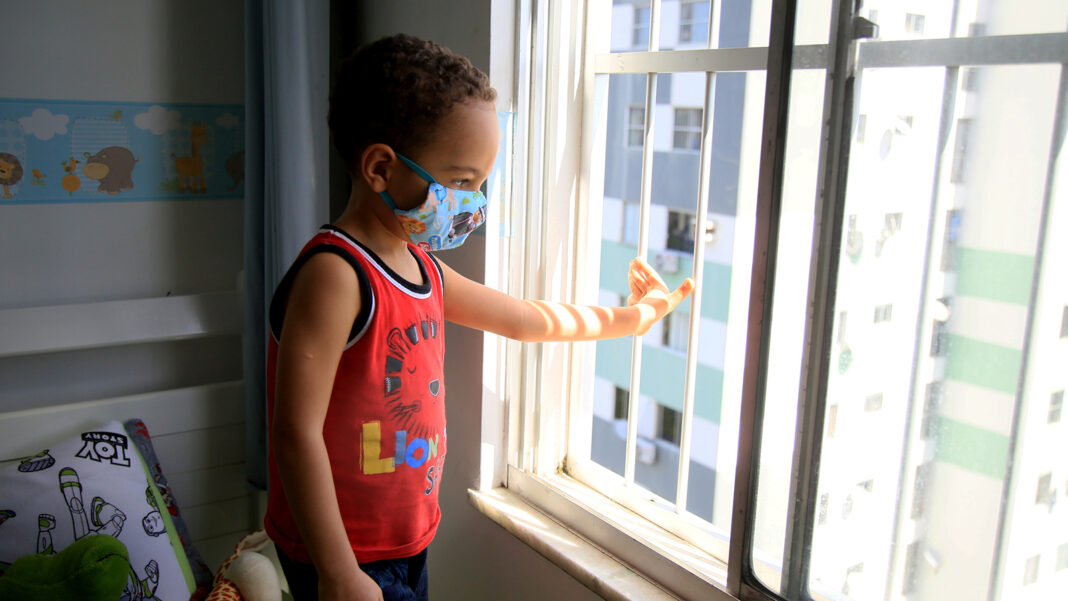Note: This post contains affiliate links, when you purchase a product or service through one of these links we may earn a commission on that sale.
The coronavirus is highly infectious; it has affected every country on the planet and drastically affected our routine lives. The virus has affected children, though not as severely as adults. However, emerging research suggests that children can get long COVID too, which is a cause of concern for policymakers and the medical community.
The coronavirus has ravaged the populous at alarming rates, majorly putting at risk the lives of older adults and people with prior medical conditions. Younger people and children are also catching the virus. However, most children remain asymptomatic, others present with only mild symptoms, and it is very rare for children to develop COVID-related complications, as is the case is with adults.
Now, there is a vaccine, and it is being administered to millions of adults daily. The vaccine is supposed to protect the adult population from catching the virus, or at the very least, ensure that they do not develop the disease in its severity. That’s all fine, but as the urgency of developing the virus comes to an end, medical experts and scientists are beginning to focus on other factors too.
As millions get inoculated, the medical community has gathered evidence that even though children remain the least affected by COVID, they might not be completely protected from its long-term effects.
Recent research on this front suggests that children who remained asymptomatic during their infection phase or presented with only minor symptoms are not guaranteed protection from the phenomenon called ‘Long COVID.’
Long COVID is a loose term. We are not certain as to how it presents itself or why it happens in the first place. For now, all we can say is that it is a continuation of COVID, which presents very differently in different people. As per various researches, there are around one hundred symptoms of long COVID, and we are yet to discover precisely why it happens in the first place.
These symptoms include nausea, brain fog, hallucinations, muscle aches, and a lot more. Long COVID is not desirable, and it must be monitored closely because it is causing unwanted changes to your physiology. What is more concerning is that these symptoms are presenting in children too. Considering that we still need to vaccinate them for the disease globally, the chances of thwarting this phenomenon remain questionable.
Hence, medical communities across the countries are now voicing their concerns and urging governments to take measures that would allow the vaccination of children at the same scale as adults. The call for such a shift in policy is backed by emerging evidence that children are likely to develop long COVID too, which can be a cause for concern in the long term or as they grow older.
- The US and Canada have already authorized the use of specific vaccines for children between 9 and 15. But, we are yet to see other countries follow suit. Experts are hopeful that we will eventually begin vaccinating our children at the global level. Once countries feel they have successfully inoculated a sizeable proportion of the most vulnerable sections of the adult population.


